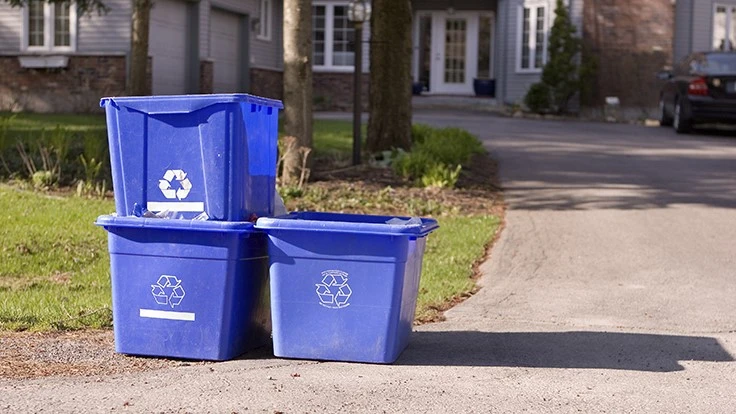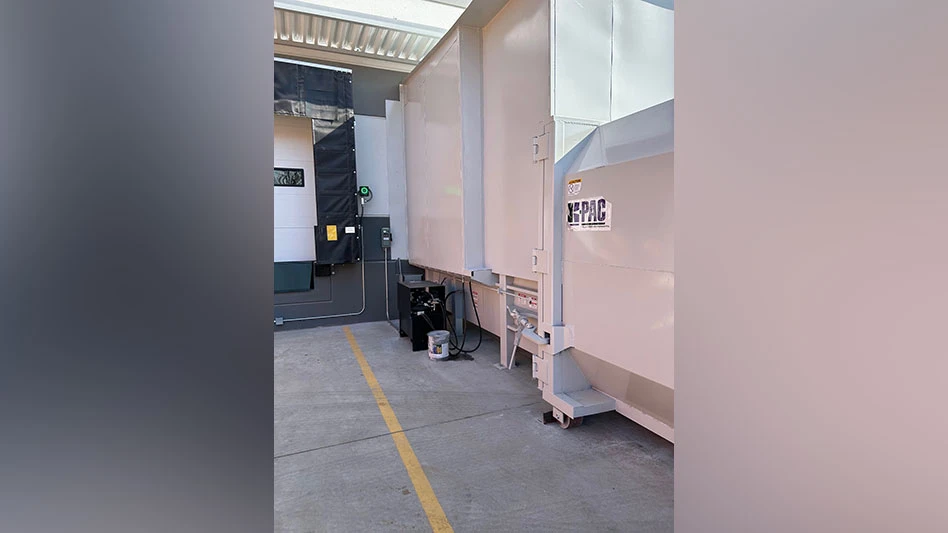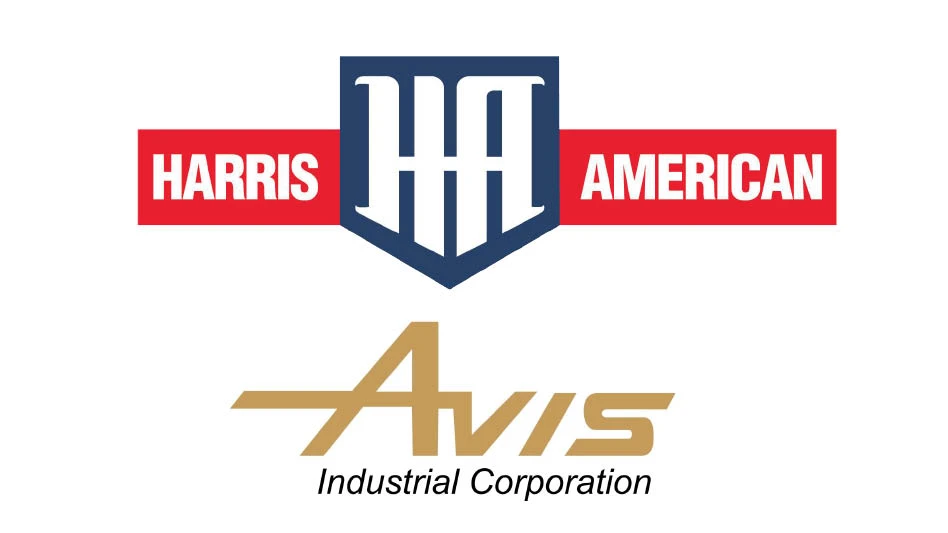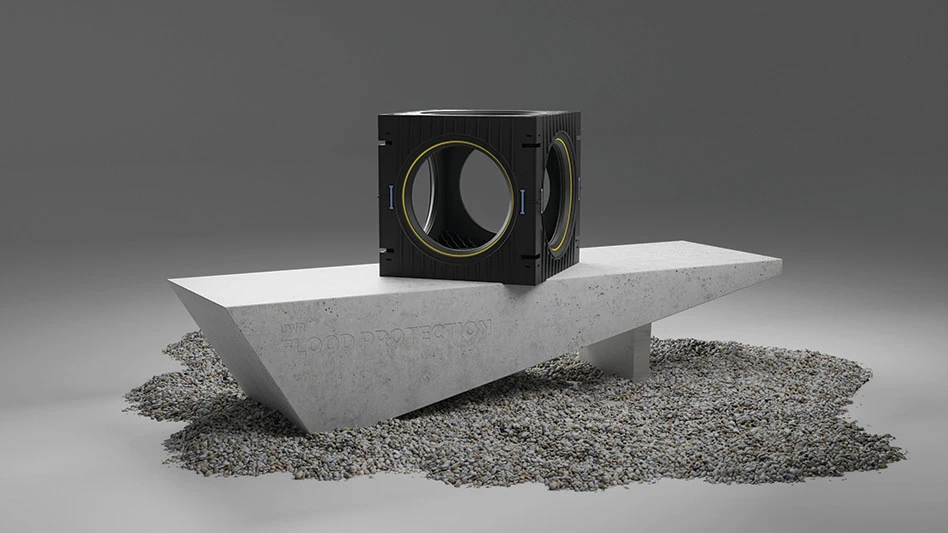
Imaegami | AdobeStock
During the final hours of a lame-duck session Dec. 7, the Michigan Senate approved a package of eight bills that would modernize the state’s waste and recycling collection system. If signed by Gov. Gretchen Whitmer, the package will go into effect next year.
The package (HB 4454-4461) seeks to overhaul Michigan's recycling and waste collection strategy. Specifically, the package promotes the use of recyclables and amends requirements currently in place for materials management plans overseeing the operation of solid waste management facilities.
"The changes to Michigan solid waste policy embodied in the bill package mitigate the policy preference for landfill disposal of solid waste,” Michigan Recycling Coalition Executive Director Kerrin O'Brien says in a statement. “Counties will soon be funded and incentivized to plan for needed infrastructure, programs and services to manage waste more productively through reduction, recycling, composting and more."
RELATED: Council of the Great Lakes Region releases plan to reduce plastic waste
HB 4455 refocuses Michigan's solid waste management plan to recycling opportunities as its primary objective, the law's backers say. It also sets a 45 percent municipal waste recycling rate, with an interim goal of 39 percent by 2029. It is not clear when the state will be expected to reach the 45 percent goal. The state's current recycling rate is around 19 percent, below the national average of 32 percent, according to a local media report.
Other provisions in HB 4456 would increase construction permit application fees and operating license application fees for various types of landfills. Owners of landfills also would have to submit annual reports to the municipality and county they are in and to the Department of Environment, Great Lakes and Energy (EGLE).
Additionally, HB 4458 would require EGLE to inspect and report on licensed disposal areas four times annually and at material recovery facilities (MRFs) at least once annually. Under this bill, a solid waste hauler operating within a county with a materials management plan would have to provide recycling services for single-family residences for which it provides waste hauling services.
On composting, HB 4460 would require composting facility owners to meet new standards and requirements, including metrics reporting.
"After years of work with Michigan recycling stakeholders, we’re thrilled to see that the comprehensive legislative update has passed with wide bipartisan support,” Michigan Chemistry Council Executive Director John Dulmes says in a statement.
Dulmes says the package clarifies that chemical recycling facilities using source-separated materials would be regulated appropriately as manufacturing operations rather than as solid waste facilities. The substitute bills incorporated feedback from EGLE and other parties and reflect the years of open discussion around these issues, he says.
Despite the bipartisan support for the bill, some Democrats and environmental activists opposed it because of additions to the bill that would allow chemical recycling and how these operations would be regulated, according to a news report from MLive.
According to a financial analysis of the package, there could be an increase in costs for local governments if they operate a solid waste management facility and are required to amend their current materials management plan to meet the requirements proposed by the bills. However, the extent of any increase is unclear at this time.
Get curated news on YOUR industry.
Enter your email to receive our newsletters.
Latest from Recycling Today
- Enfinite forms Hazardous & Specialty Waste Management Council
- Combined DRS, EPR legislation introduced in Rhode Island
- Eureka Recycling starts up newly upgraded MRF
- Reconomy Close the Gap campaign highlights need for circularity
- Nickel carbonate added to Aqua Metals’ portfolio
- EuRIC, FEAD say End-Of-Life Vehicle Regulation presents opportunity for recyclers
- Recyclers likely to feel effects of US-China trade war
- BCMRC 2025 session preview: Navigating battery recycling legislation and regulations





